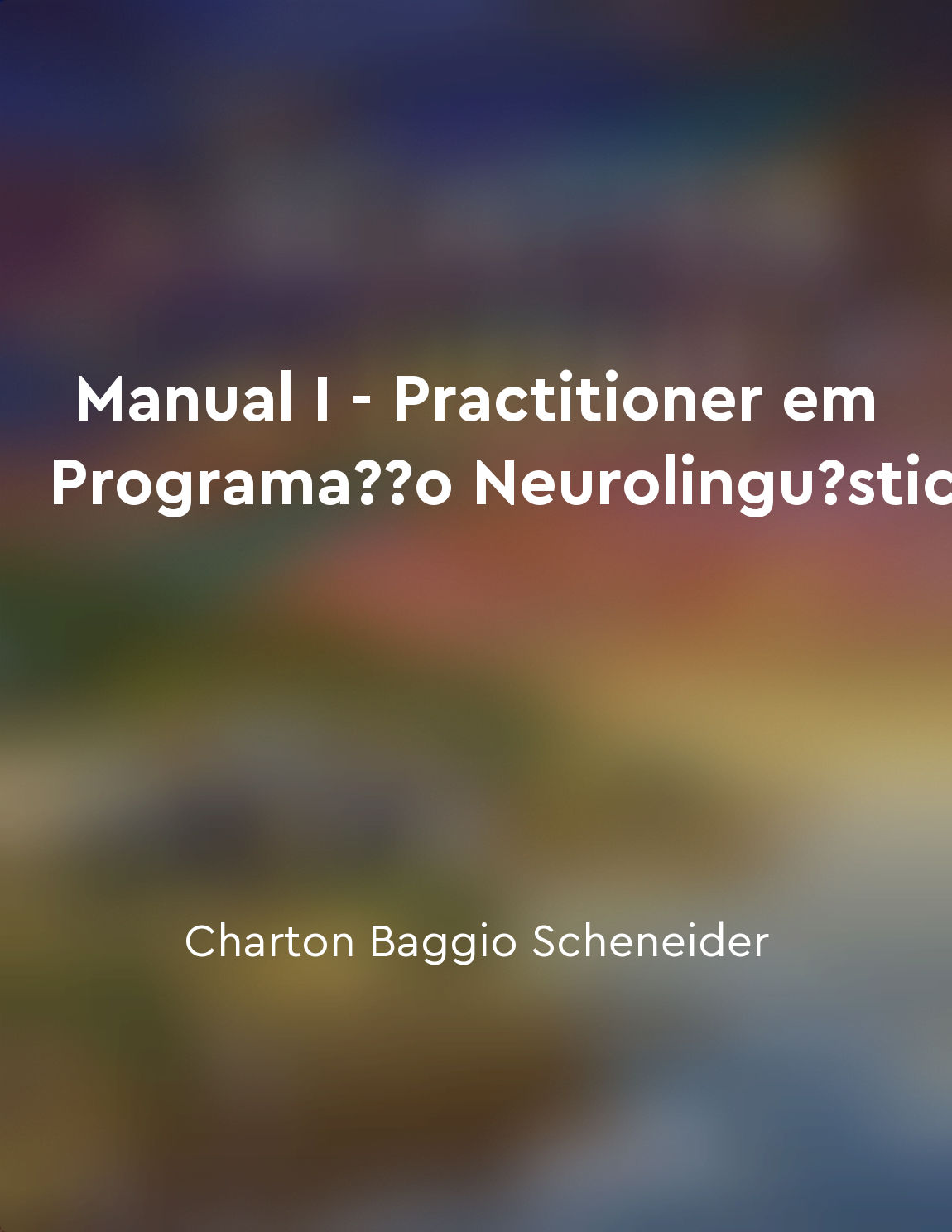Elements can be shared across different words from "summary" of English Vocabulary Elements by Keith Denning,Brett Kessler,William R. Leben,William Ronald Leben
The English language is a complex system with a vast vocabulary that allows speakers to express a wide range of ideas. One interesting concept in English vocabulary is that elements can be shared across different words. This means that certain smaller units of meaning, called morphemes, can appear in multiple words, giving those words a connection in terms of their meaning or usage. For example, the morpheme "re-" is a prefix that can be found in various words such as "redo," "rebuild," and "rethink." In each of these words, the prefix "re-" indicates the idea of doing something again or in a different way. By recognizing the shared element "re-" in these words, we can better understand how they are related in meaning and use. Another example is the morpheme "un-," which serves as a negating prefix in words like "unhappy," "unfair," and "unhealthy." In each of these cases, the prefix "un-" changes the meaning of the word to indicate the opposite of what it would mean without the prefix. This shared element helps us identify a common theme among these words and understand how they are connected through their use of negation.- We can enhance our ability to recognize patterns, make connections, and expand our overall language proficiency. This concept highlights the intricate ways in which words are constructed and how morphemes play a crucial role in shaping meaning and usage. As we explore the shared elements in various words, we gain a deeper insight into the structure and function of the English language.
Similar Posts
Encourage participation and interaction with the message
To ensure that a message truly sticks with an audience, it's not enough for them to simply hear or read it. The key is to get t...
Interruptions can disrupt conversational flow
When one person interrupts another, it can disrupt the conversational flow. This is because interruptions can cause confusion a...

Language can be used for a variety of purposes, including storytelling, persuasion, and instruction
Language serves multiple functions beyond simple communication. One of the primary purposes of language is storytelling - the a...

The importance of taking action to achieve goals is emphasized
In life, it is crucial to remember that simply setting goals is not enough. One must also take action to bring those goals to f...
Creating rapport with others
Creating rapport with others is a fundamental skill that can greatly enhance your relationships and interactions with people. I...
Enhance your communication skills with a rich vocabulary
The ability to communicate effectively is crucial in today's world. To truly connect with others and convey your thoughts and i...
Impact of literature on culture
Literature holds a significant position in shaping the culture of a society. It acts as a mirror reflecting the values, beliefs...
Develop a personal writing style
Developing a personal writing style is crucial for writers who wish to communicate effectively with their readers. In order to ...

Harnessing the potential of the mind
The mind is a powerful tool that can be harnessed to achieve great things. By understanding how the mind works, we can unlock i...

La confianza en uno mismo es fundamental
The importance of self-confidence cannot be overstated. It is a vital component in achieving success and happiness in life. Whe...

